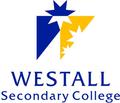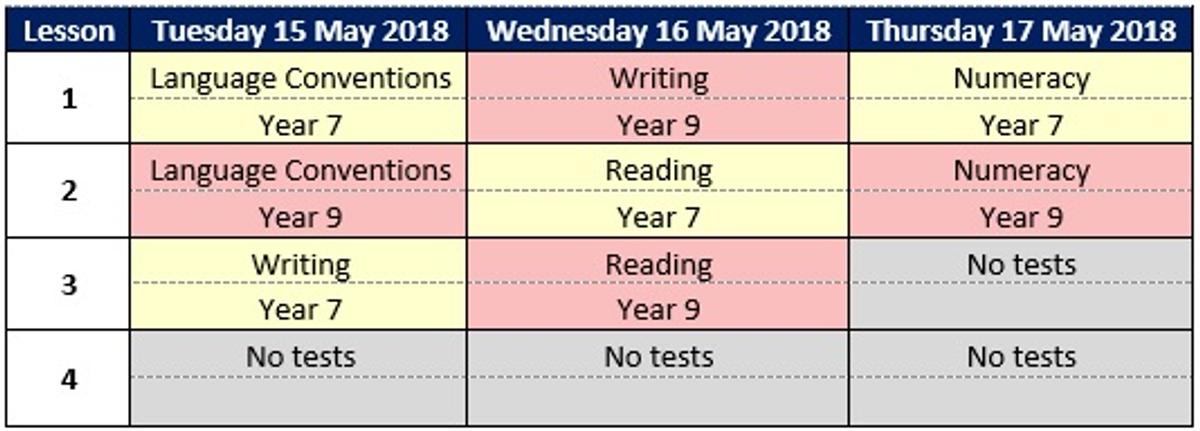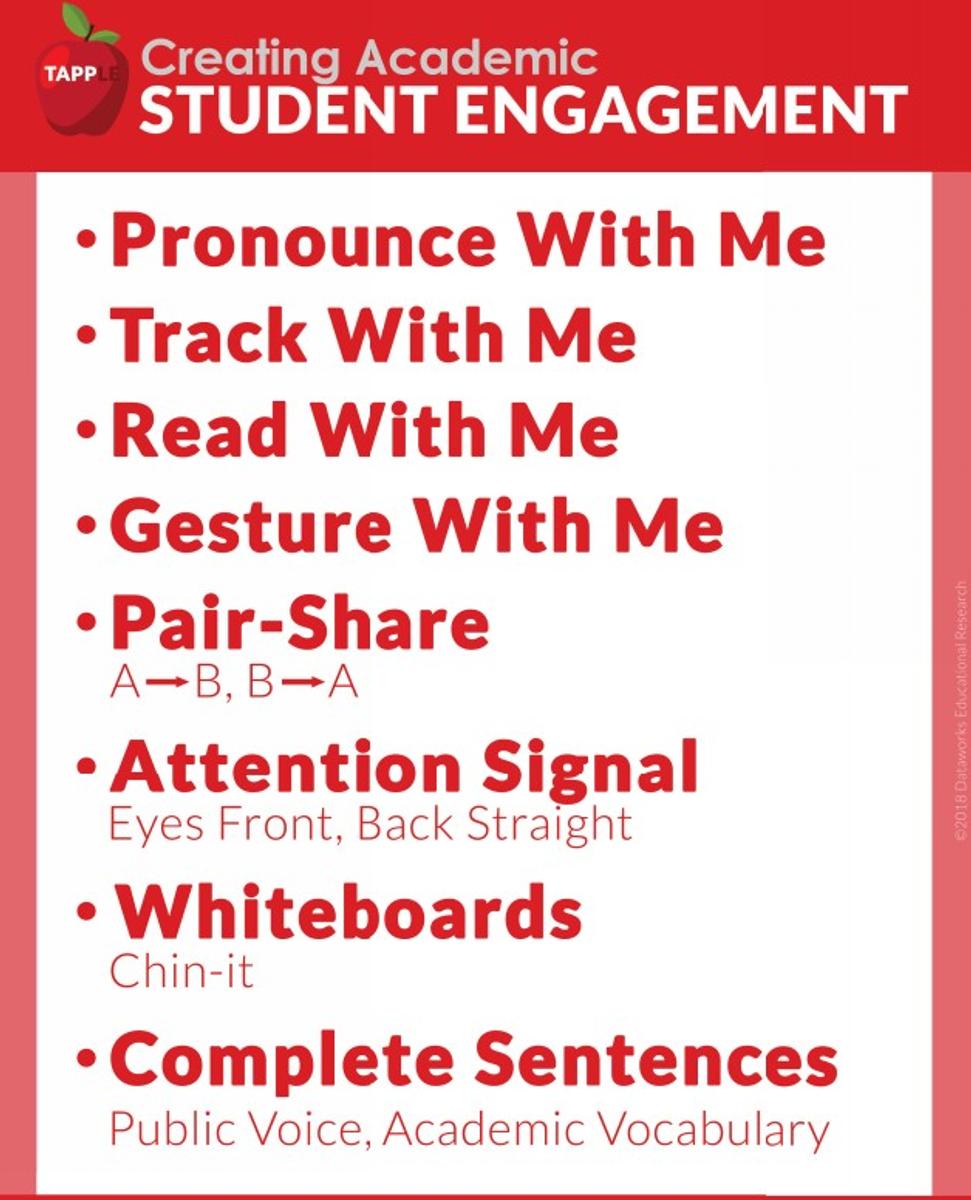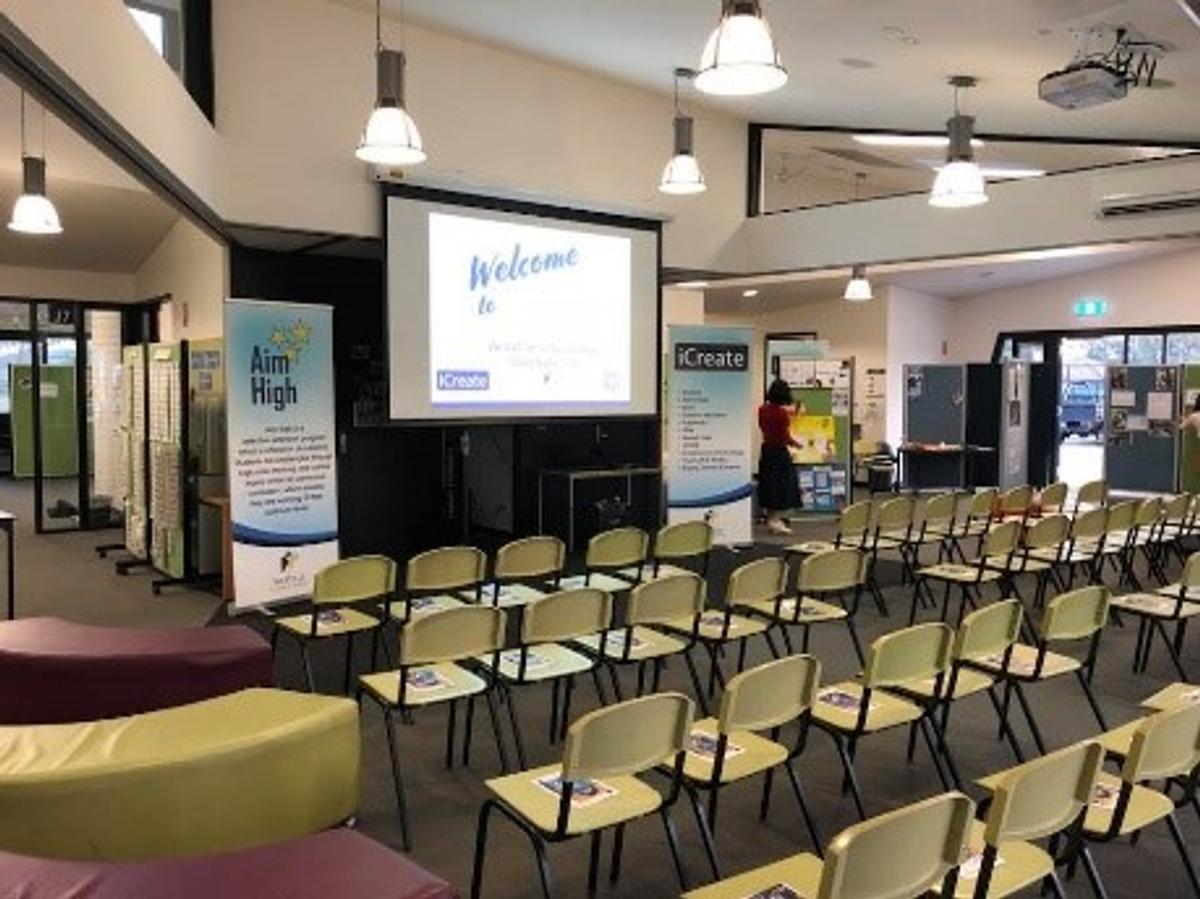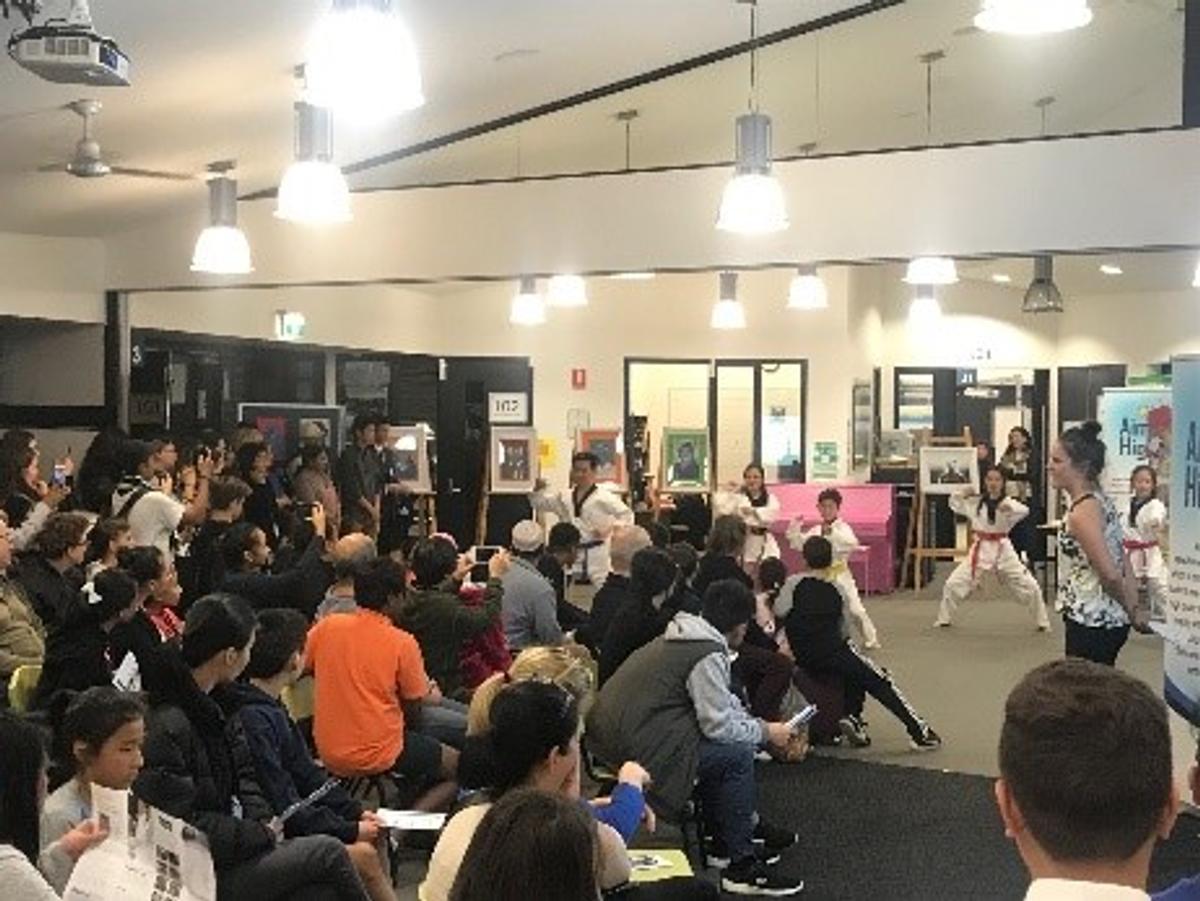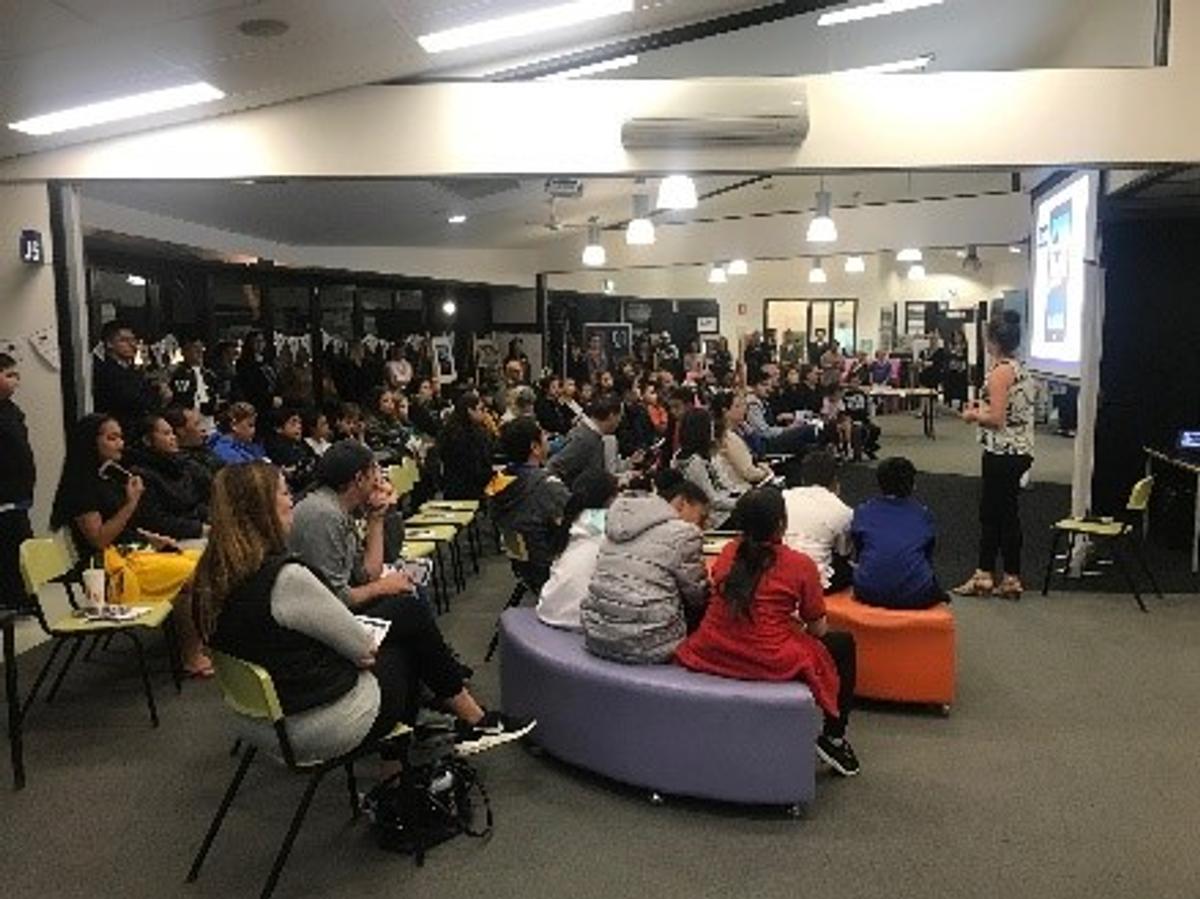Assistant Principal Report
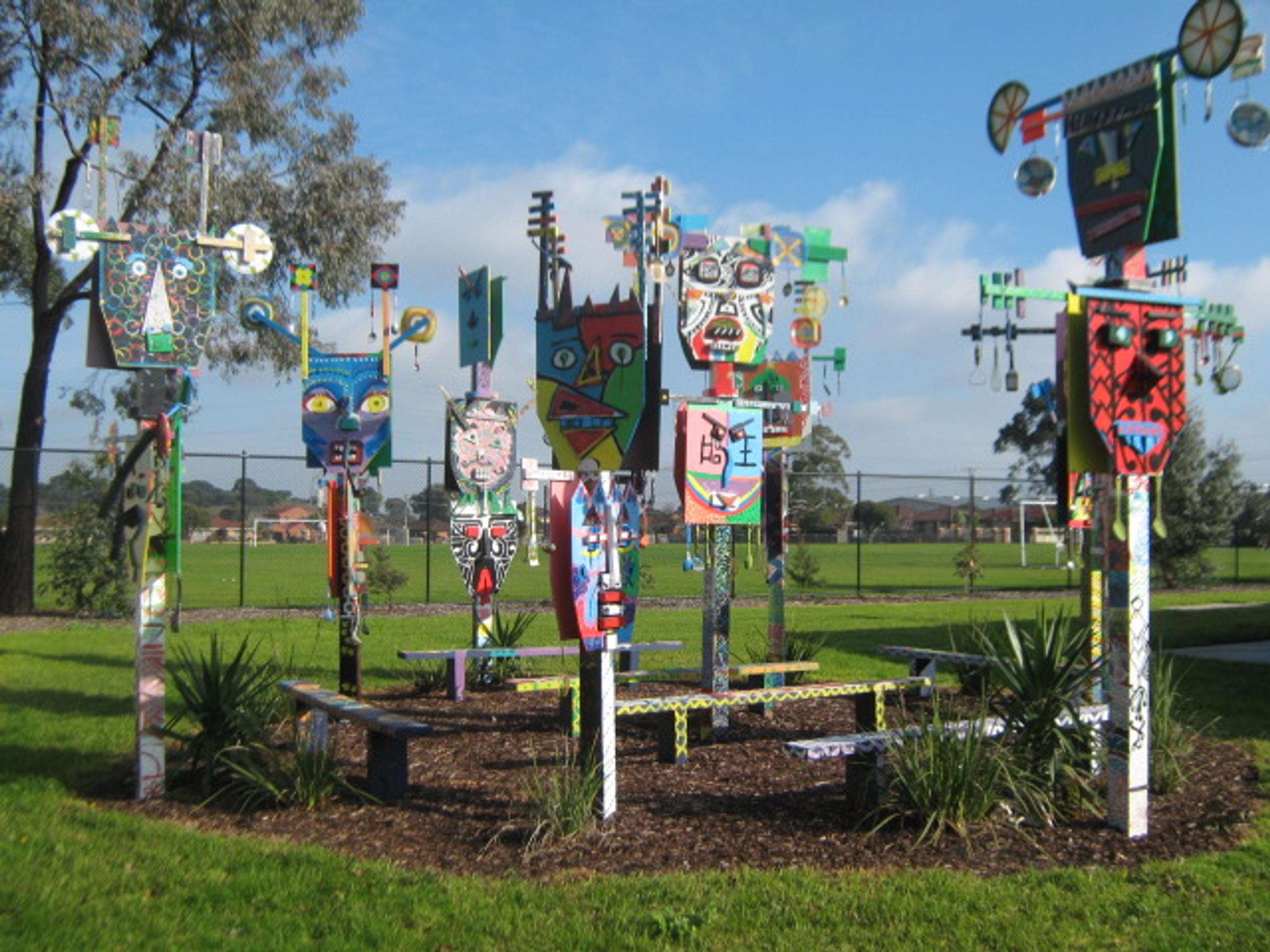
Assistant Principal - Mr. Mark Henderson
NAPLAN
Year 7 and Year 9 students will be taking part in NAPLAN testing from Tuesday 15 May until Thursday 17 May 2018, in the ALC.
What is NAPLAN?
The National Assessment Program – Literacy and Numeracy (NAPLAN) is an annual national assessment for all students in Years 3, 5, 7, and 9. All students in these year levels are expected to participate in tests in reading, writing, language conventions (spelling, grammar and punctuation) and numeracy. All government and non-government education authorities have contributed to the development of NAPLAN materials.
Why do students do NAPLAN?
NAPLAN is the measure through which governments, education authorities, schools, teachers and parents can determine whether or not young Australians have the literacy and numeracy skills that provide the critical foundation for other learning and for their productive and rewarding participation in the community.
The tests provide parents and schools with an understanding of how individual students are performing at the time of the tests. They also provide schools, states and territories with information about how education programs are working and which areas need to be prioritised for improvement.
NAPLAN tests are one aspect of each school’s assessment and reporting process, and do not replace the extensive, ongoing assessments made by teachers about each student’s performance.
Testing schedule
Information on NAPLAN can be found here: https://www.nap.edu.au/information/faqs/naplan--general
Could we please ask that parents, guardians and older siblings take the time to encourage their children to put in their highest level of effort in the tests. In the next week or so, I will be discussing the importance of the NAPLAN results to teacher preparation as they attempt to personalise the learning of students.
Please discuss the following with your children:
WHY SHOULD I CARE ABOUT NAPLAN?
The results help my teachers teach me better
- Your teachers need to know your strengths and weaknesses, so they can plan lessons that focus on the areas you need more help with.
- Teachers can tailor activities and learning tasks to suit you as individual students, to make sure the work is challenging for you e.g. Aim High students.
I get to learn about myself
- By taking part in the NAPLAN tests, you will learn about yourself as a learner and as a person.
- You will find out about your study habits, how well you can concentrate and how resilient you are when things get tough.
I will learn great study habits now for the future
- No matter where school or your career takes you, you will always have tests and interviews e.g. driving test.
- VCE, VCAL or the world of work, you will be tested constantly.
- Learn to revise your notes and do practice tests.
- Consider ALL advice from teachers and your families.
I get to challenge myself
- If taking a test is a scary thought, you have to find a way to motivate or ‘lift’ yourself to focus and do your best.
- This is just another challenge in life, overcoming challenges is what school life is all about.
- Learning to cope with the pressure of test conditions is a challenge…but you can kick goals!
I can achieve great results...doing my best feels great
- It’s cool to do well….and it feels great! Be proud of what you achieve.
- Your teachers and families will be proud of you for doing your best and getting the best test scores that you can.
Literacy Bulletin
Engagement Norms
In the last issue of the College newsletter, I introduced the concept of ‘explicit direct instruction’ and how our teachers have adopted this evidence based instructional approach. A big part of this model is based on how well teachers can engage ALL students in the lesson.
Ask your son or daughter about the engagement norms that are being used by our teachers in the classroom. By having clear and consistent expectation of how students engage in our classes, our teachers are able to ensure that ALL students participate in meaningful learning activities.
What do these engagement norms mean?
- Pronounce with me – Supports English learners and all other students with help pronouncing difficult vocabulary
- Track with me – Helps students begin to read new words by connecting the words they hear to the written words
- Read with me – Gives student opportunity to read the words
- Gesture with me – Stores information in multiple pathways in the brain by incorporating a kinesthetic movement.
- Pair-share – Processes information by sharing with a partner. Provides students with an opportunity to vocalize their response in their own words.
- Attention Signal – Helps cut down lost instructional time by refocusing the class with a simple command
- Whiteboard – Check to determine if students are learning and thinking so that the correct effective feedback can be provided.
- Complete Sentences – Require students to respond using the newly introduced academic vocabulary.
To learn more about engagement norms, visit https://dataworks-ed.com/student-engagement/.
Open Night
On Tuesday evening, Westall SC hosted an Open Night for prospective students and their families. The Balook Learning Centre looked fantastic, with displays for all of the key learning areas filling the entire space. A massive thank you to the staff and students who assisted with what was a very successful evening.
If any of our Westall families know of anyone who was unable to attend the evening, but are interested in joining the College, please ask them to call the College to arrange a tour, or alternatively email me at henderson.mark.a@edumail.vic.gov.au.
